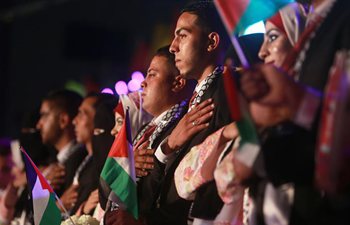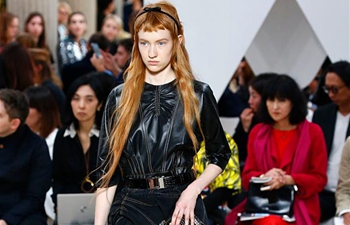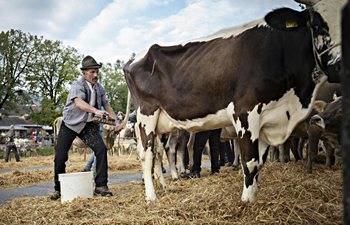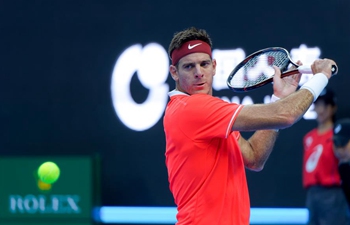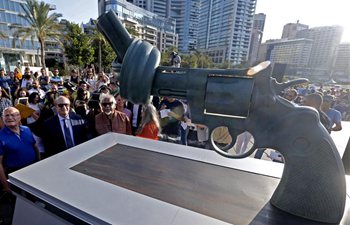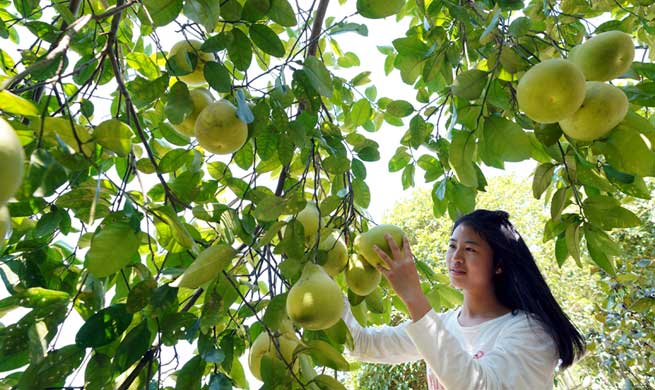WASHINGTON, Oct. 3 (Xinhua) -- A new study published in Nature on Wednesday showed that administering antibodies designed to target HIV in combination with agents that stimulate the innate immune system delayed viral rebound following discontinuation of antiretroviral therapy in monkeys.
Researchers at Boston-based Beth Israel Deaconess Medical Center (BIDMC) suggested that this two-pronged approach represents a potential strategy for targeting the viral reservoir or infected cells where HIV remains hidden despite antiretroviral therapy.
Existing antiretroviral drugs do not cure HIV infection because of the virus's ability to become dormant, remaining present but silent in immune cells.
"The latent viral reservoir is the critical barrier for the development of a cure for HIV-1 infection," said Dan H. Barouch, Director of the Center for Virology and Vaccine Research at BIDMC.
Barouch's team studied 44 rhesus monkeys infected with an HIV-like virus and treated with ART for two and a half years, starting one week after infection.
After 96 weeks, they were divided into a control group without additional treatments, two groups who were given only an immune stimulating agent or only the broadly neutralizing antibodies (bNAb) and a fourth group given the immune stimulant in combination with the antibodies.
All animals continued ART treatment until it was discontinued at week 130, at which point the scientists began monitoring the animals' blood for signs of the virus's return, known as viral rebound.
They found that 100 percent of animals in the control group rebounded quickly and with high peak viral loads, as did nearly all of those given only the immune stimulant. Animals given only the antibodies demonstrated a detectable but modest delay in rebound.
But among those given the combination therapy, five of 11 monkeys did not rebound within six months, according to the study. Moreover, those that did rebound showed much lower peak viral loads compared to the control animals.
"The combination of the antibodies and the immune stimulant led to optimal killing of HIV-infected cells," said Barouch, who is also Professor of Medicine at Harvard Medical School.
"This study provides an initial proof-of-concept showing a potential strategy to target the viral reservoir," said Barouch.





